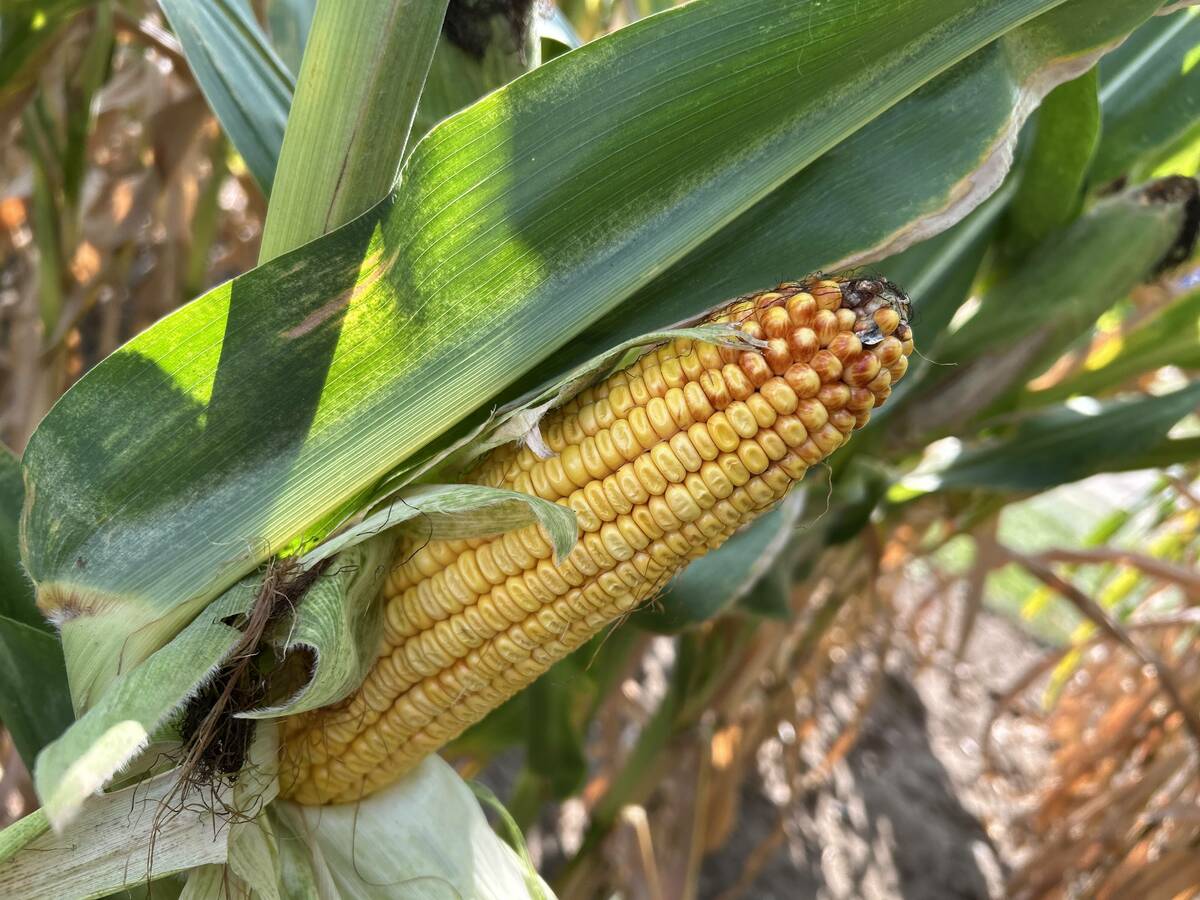Country-of-origin labelling | Gerry Ritz wants an alternative strategy for fighting American policy
Agriculture minister Gerry Ritz says he would rather not target meat imports if Canada has to resort to retaliation against the United States over country-of-origin labelling rules
He said that would penalize American livestock sectors that have been working with Canada against COOL.
“I have a fundamental problem attaching tariffs to an industry that is actually supporting us in the COOL fight,” he said.
“At the end of the day, that may be what has to be done, but having said that, their processing sector in the U.S. is facing the same level of hurt as our production capacity here so they are allies in this fight.”
Read Also

Crop estimates show mixed results
Model-based estimates used by Statistics Canada showed the 2025/26 crop year has seen increases in canola, corn for grain, oats and lentils production while seeing dips in spring wheat, durum wheat, soybeans and barley in comparison to 2024/25.
John Masswohl, international relations director with the Canadian Cattlemen’s Association, agreed in principle but said U.S. meat imports will have to be part of the mix if retaliation happens.
“It will have to be a list of strategic products that can cover a wide range of economic sectors, but I think beef and pork will have to be part of it,” he said. “This is a beef and hog dispute.”
However, Masswohl also noted that it could be a year before retaliation is permitted as the dispute works its way through the World Trade Organization process.
The U.S. has until May 23 to fix the problem under the terms of a WTO judgment that found COOL to be a protectionist law rather than consumer education, which the American government claims.
The U.S. has proposed changes, but Canadian livestock groups and the government argue the proposed changes make the law more protectionist.
If the U.S. proposals are enacted by May 23, Canada would have to go back to the WTO to argue the changes are not satisfactory and retaliation is warranted. The dispute process could take up to nine months if the U.S. opposed the Canadian argument.
Then, even if Canada won that round, a panel would be called to determine the appropriate level of retaliation.
“There is a lot of process ahead of us before we get to retaliation,” Masswohl said.
Ritz said Canada’s first priority is to convince the U.S. to “change their mind” on how to reform COOL.
In the meantime, he said there will be consultations with the industry on an appropriate retaliation strategy.
WTO rules allow Canada to target American imports up to the value of the damage the U.S. law has inflicted on Canadian exporters, which the beef and hog industries estimates to be $1 billion a year.
The retaliation can target a broad range of American exports to Canada well beyond the meat industry.
“If you have allies working with you, it’s hard to penalize them,” Ritz said.
“That’s a no-brainer to me, but at the end of the day, we’ll work with everybody here in the interests of our production here in Canada.”














